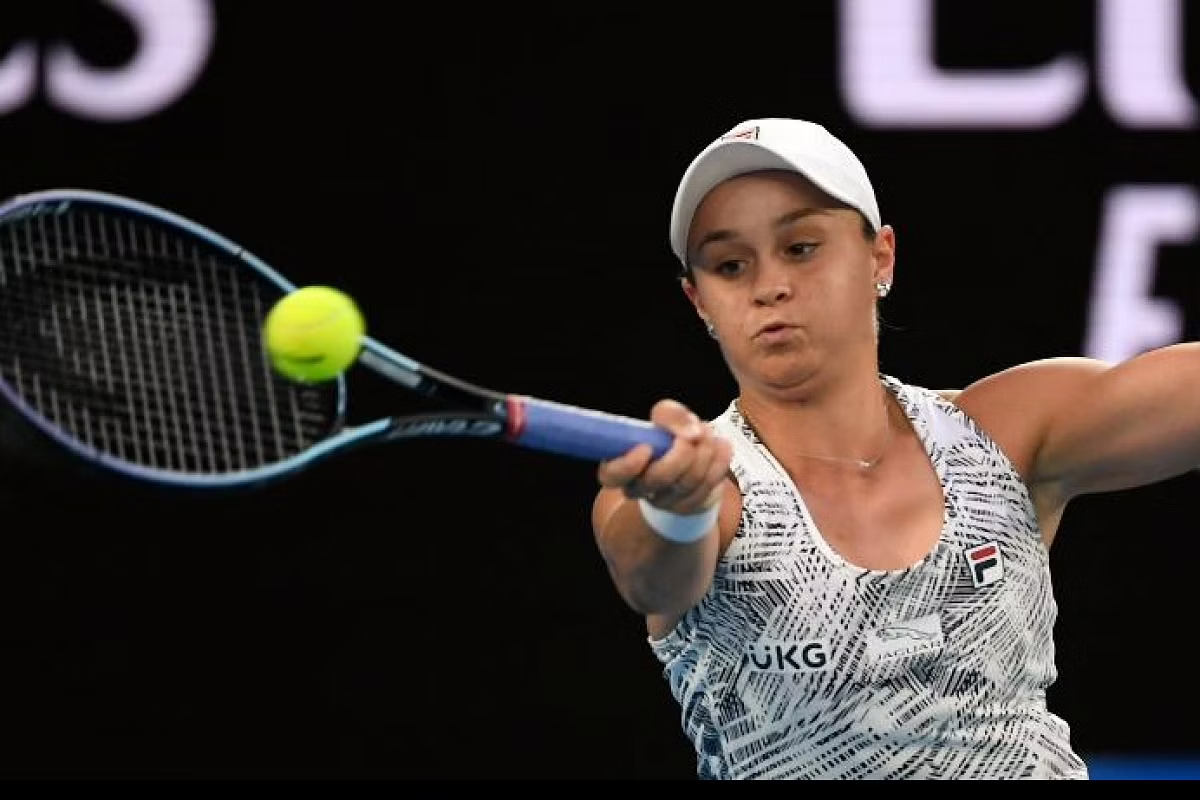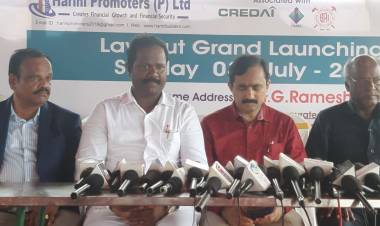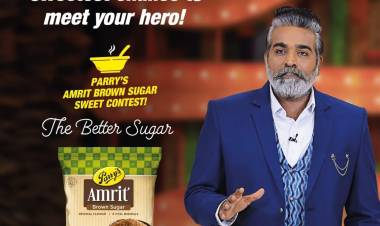Ash Barty retires from tennis at age 25

Ashleigh Barty surprisingly retired from tennis at age 25 while ranked No. 1 and less than two months after winning the Australian Open for her third Grand Slam singles title.
“I’m so happy and I’m so ready. I just know at the moment, in my heart, for me as a person, this is right," Barty said, her voice shaky at times, during a six-minute video posted on her Instagram account Wednesday in Australia.
Saying it was time to “chase other dreams,” Barty said she no longer feels compelled to do what she knows is required to be the best she can be at tennis.
“It’s the first time I’ve actually said it out loud and, yeah, it’s hard to say,” Barty said during an informal interview with her former doubles partner, Casey Dellacqua. “I don’t have the physical drive, the emotional want and everything it takes to challenge yourself at the very top of the level any more. I am spent.”
This is not the first time Barty walked away from tennis: She was the Wimbledon junior champion at age 15 in 2011, presaging a promising professional career, but left the tour entirely for nearly two years in 2014 because of burnout, overwhelmed by the pressure and travel required.
She played professional cricket back home in Australia, then eventually picked up a racket once again and returned to her other sport.
Barty went on to win major championships on three different surfaces — on clay at the 2019 French Open, on grass at Wimbledon last year and on the hard courts of Melbourne Park in January, becoming the first Australian player in 44 years to triumph at the nation's Grand Slam tournament.
She won 15 tour-level titles in singles and another 12 in doubles since first turning pro in 2010. She spent 121 weeks at No. 1 in the rankings, including the last 114 in a row.
Her announcement was all the more stunning from an on-court perspective given her recent run of success: Barty had won 25 of her last 26 matches and three of her past four events.
Only one other woman has walked away from the sport while atop the WTA rankings: Justine Henin was No. 1 when she retired in May 2008.
In a statement released by the WTA, CEO Steve Simon called Barty “the ultimate competitor” and said she “has always led by example through the unwavering professionalism and sportsmanship she brought to every match.”
“We will miss her,” Mr. Simon said.
During her 21-month sabbatical from tennis as a teen, Barty played cricket with the Brisbane Heat of the Women’s Big Bash League. She returned to tennis in May 2016, playing a $50,000 ITF event in Eastbourne — winning three qualifying matches and three more in the main draw.
One year later, she was ranked No. 88; by the end of 2017, Barty was an established member of the top 20.
“I know I’ve done this before,” Barty said with a laugh in the retirement video, “but in a very different feeling. I’m so grateful to everything that tennis has given me. It’s given me all of my dreams, plus more, but I know that the time is right now for me to step away and chase other dreams and to, yeah, put the rackets down.”
A semifinal loss to Petra Kvitova in Doha in February was the last match she played in 2020; Barty stayed home in Australia for the balance of the season when the global pandemic emerged.
After six months on the road in 2021 and after winning five titles, including at Wimbledon, Barty ended her season abruptly after a loss to Shelby Rogers at the U.S. Open.
“Wimbledon last year changed a lot for me as a person and for me as an athlete,” Barty said. “When you work so hard your whole life for one goal — to be able to win Wimbledon, which was my dream, the one true dream that I wanted in tennis, that really changed my perspective."
She described what she termed a “gut feeling” after Wimbledon about maybe being ready to move on, but she also described herself then as not “quite fulfilled." Her victory at the Australian Open satisfied another gap, and Barty said she was completely aware that "my happiness wasn’t dependent on the results.”




















